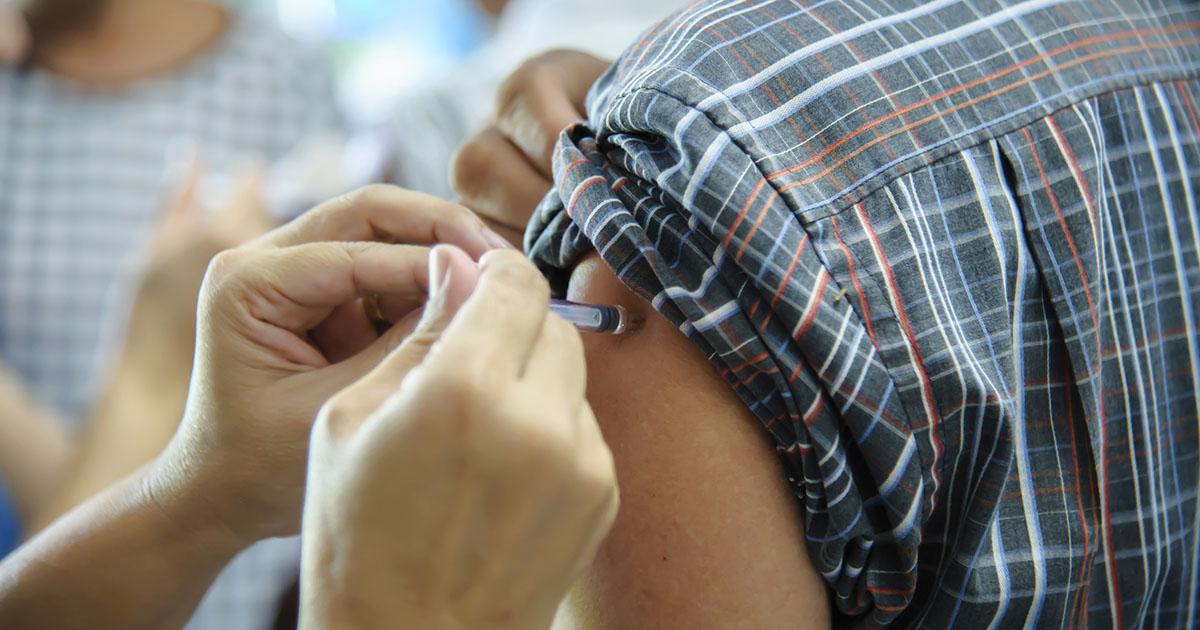The Ultimate Trip Guide; Tips On How To Have A Healthy And Safe Vacation
You have your sunscreen, swimsuit, and flip flops all packed, and you’re ready for some fun in the sun - but what if we told you that you could contract a dangerous or possibly deadly illness while away on vacation? Would this hinder your plans? International travelers should always be cautious about their health and safety when visiting abroad, as when least expected, illness or an injury can strike and potentially ruin your dream vacation. Here is a comprehensive guide to help you not only have a safe and healthy tripbut also make you aware of the different illnesses you can contract and how to prevent them, while still indulging in your wanderlust.
Diseases To Be Aware Of

While visiting a foreign country - whether it is sunny and hot, cold and snowy, or damp and mountainous - there are a variety of diseases a traveler can contract for numerous reasons. It is wise to be aware of some of these illnesses to ensure the proper preventative measures have been taken before leaving as well as while you are on vacation. Some of the most common diseases a visitor can contract are Hepatitis A, Hepatitis B, and traveler's diarrhea, which can all be easily avoided with medication and immunization before leaving for your vacation.
Other preventable but critical illnesses a traveler can contract are the Zika virus, cholera, bed bugs, influenza (the flu), Avian influenza (bird flu), and the Ebola virus. Malaria, AIDS/HIV, sexually transmitted diseases (STDs), rabies, typhoid fever, and parasitic infections such as hookworm are also common diseases an individual can contract. All of these conditions vary with symptoms and severity, and also depend on the environment you are visiting, with many of these illnesses thriving in hot, dry, and even tropical places due to contaminated water and food, insects and animals, or human-carried infections.
The Importance Of Vaccines

Vaccines are a necessity when it comes to preventing multiple diseases we can contract throughout our lifetime, and a majority of us will receive many of these life-saving vaccines before the age of two. However, before traveling to a foreign nation, make sure to research the country and what diseases are prevalent there, as well as what you can contract while visiting. To ensure you do not get sick while abroad, consult a health care provider, such as a registered nurse or physician, or visit a health clinic preferably six weeks before traveling.
Take this opportunity to review your immunization history and update any vaccines you need, discuss any trip-related health concerns you may have, and assess your health needs based on where you plan to travel to and what you want to do there. Also, a quick tip is to carry a copy of your immunization records on you whenever you travel, as some countries require proof that you have been vaccinated for certain diseases - such as yellow fever - when entering Australia and the Bahamas.
